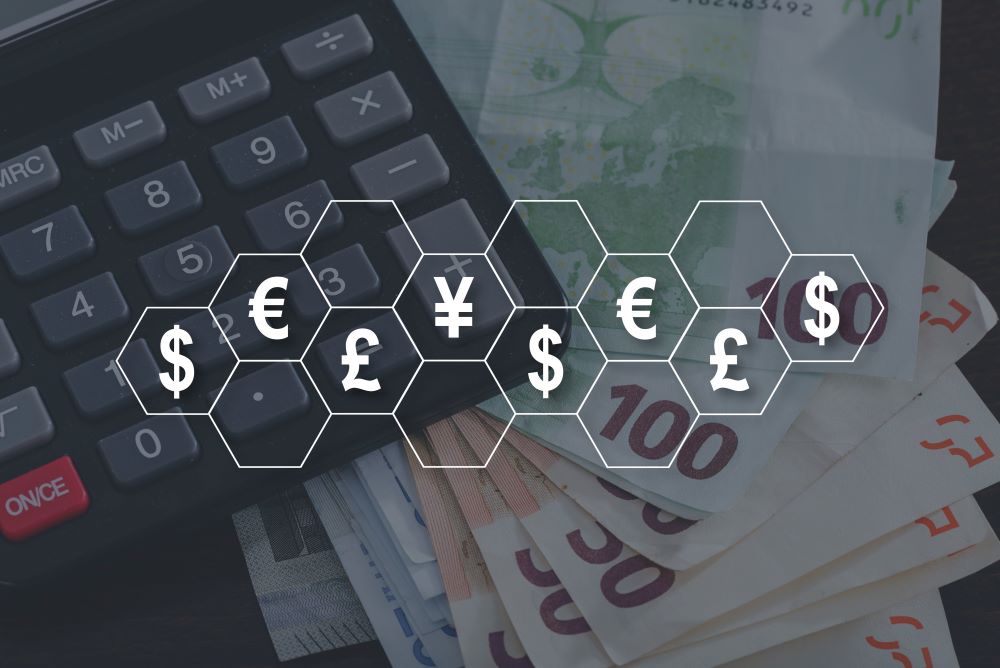
Sponsored content from Bibby Financial Services
It was a busy week for the government with critical talks over the Northern Ireland Protocol, the G7 summit and the looming decision over whether to postpone the ending of lockdown restrictions from the expected 21 June date.
This led to an up and down week for pound sterling.
Pound fluctuates
Sterling started last week valued at US$1.412 and €1.165, but soon came under pressure amid growing concerns over the spread of the Delta variant of Covid-19.
Talks between the UK and EU over the implementation of the Northern Ireland Protocol then failed to reach an agreement on Wednesday morning, leading to a growing war of words and fears of a possible trade war. This saw the pound drop to a value of €1.158.
There were then promising economic stats on Friday, which showed that UK GDP grew 2.3% in April – its fastest monthly growth since last July. Though this did little to change its value against the euro, Sterling did rise to finish the week at €1.166.
ECB interest rate weighs euro
On Thursday, the European Central Bank (ECB) decided to leave interest rates unchanged on its major refinancing operations, leaving it at 0%. The ECB quantitative easing programme will also be left unchanged, despite markets hoping for a sign of a reduction.
This saw the euro fall below US$1.22 in value towards the end of the week and contributed to its fall against the pound.
Dollar rises
On Thursday, the US Consumer Price Index (CPI) shot to 5% - levels that haven’t been seen for several years ago.
This would normally lead to an interest rate hike, however, the dollar did strengthen against both the euro and the pound.
Traders are now repositioning ahead of next week’s Federal Reserve (Fed) decision on interest rates.
Cryptocurrencies
Bitcoin received a boost after Elon Musk said that Tesla will resume allowing bitcoin transactions when miners use renewable energy, reports the Guardian.
Reuters reports that the cryptocurrency hit a two-week high (just shy of $40,000) following the announcement.
This week
Markets will be eagerly looking to the Federal Open Market Committee (FOMC) meeting late on Thursday, which may provide some news on the tapering off of bond buying and possible future interest rate hikes.
Economic data
Highlights this week include:
Monday (14 June)
- Eurozone industrial production
Tuesday
- UK earnings and unemployment data
- German inflation data
- EU inflation report
- US Producer Price Index (PPI), industrial production and manufacturing production data
Wednesday
- China retails sales and industrial production
- UK PPI
- USD new housing starts
- Canada inflation
- US Federal Reserve rate decision and press conference
Thursday
- Australia employment data
- Eurozone inflation report
- New Zealand GDP
- US initial jobless claims
Friday
- UK retail sales data
